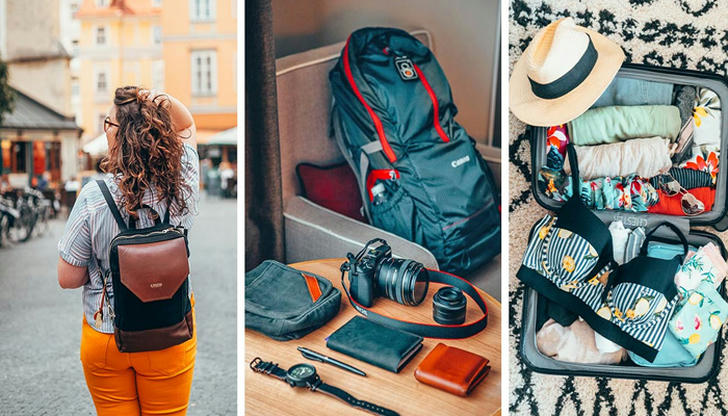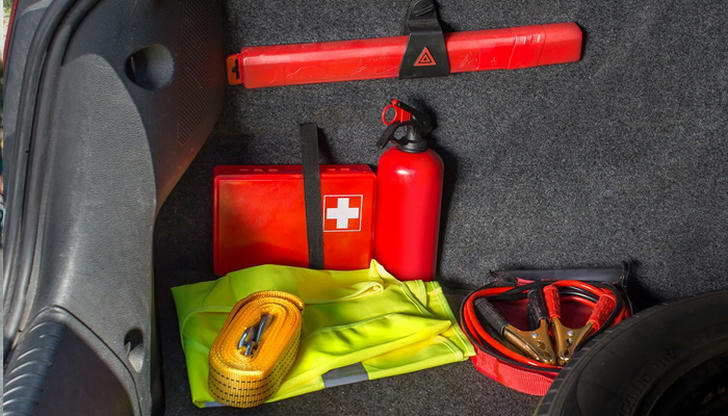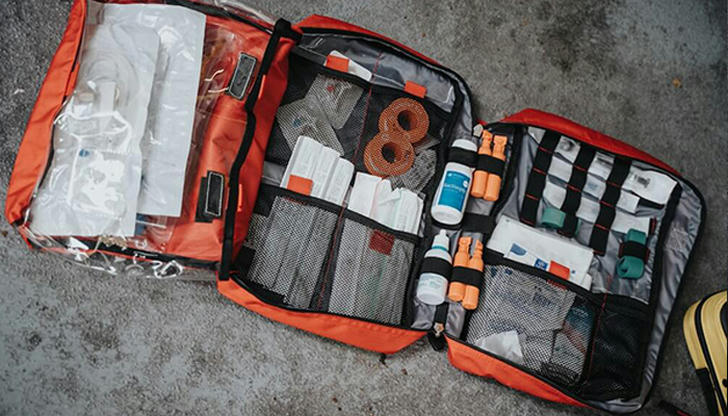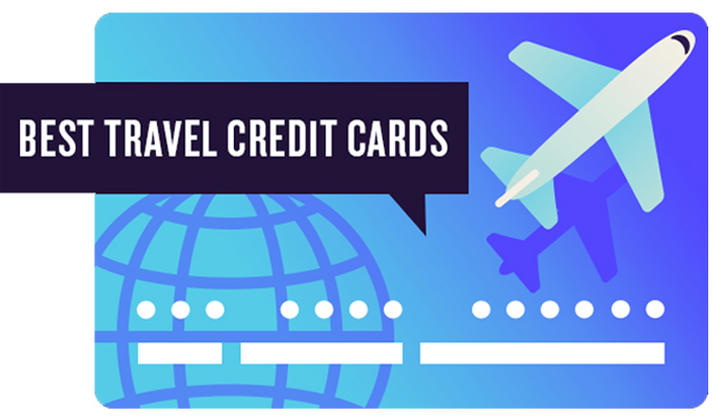Road Trip Essentials: Must-Have Items for a Comfortable and Safe Journey
Road trips are one of the most popular ways to explore new destinations, create unforgettable memories, and enjoy the freedom of the open road. However, no matter how exciting the journey ahead might seem, a successful and enjoyable road trip requires careful planning and preparation. Whether you're headed on a weekend getaway or an extended cross-country adventure, having the right essentials on hand ensures comfort, safety, and convenience along the way. Below are the must-have items that will make your road trip more enjoyable and stress-free.

I. Comfort and Convenience Essentials
1. Comfortable Clothing and Footwear
For a road trip, comfort is paramount. To ensure you’re not restricted during long hours of driving, choose clothing that’s breathable and flexible. Opt for soft cotton or moisture-wicking fabrics to stay comfortable, especially during warm weather. If you're heading into colder areas, layering is key—pack a light jacket or sweater that can be added or removed as the temperature fluctuates. When it comes to footwear, ensure you wear something comfortable for driving, like slip-on shoes or sneakers. Having a spare pair of shoes can also be useful for rest stops or when you arrive at your destination.
2. Travel Pillows and Blankets
A good travel pillow can make a significant difference during long stretches of road. It provides support for your neck, allowing you to take short naps without discomfort. Lightweight travel blankets are also handy for keeping warm during overnight stops or chilly evening drives. These items can be easily packed and won’t take up much space in your car.
3. Snacks and Drinks
Keeping hunger at bay and staying hydrated are important for staying energized and focused. Pack a variety of non-perishable snacks like granola bars, nuts, dried fruit, and crackers that are easy to eat on the go. You might also want to include fresh fruits or sandwiches for longer stretches between stops. Be sure to carry enough water to stay hydrated, especially on hot days, and consider bringing a thermos or reusable water bottles to minimize waste. Having beverages like coffee, tea, or sports drinks can also be refreshing when you need a boost.
4. Entertainment and Distractions
Long hours of driving can sometimes be tedious, so having entertainment options can make a huge difference. Audiobooks and podcasts are perfect for engaging your mind while on the road. Download a variety of podcasts or audiobooks in different genres—mysteries, comedy, self-help—to keep things interesting. Music is another great option, and it’s easy to create a playlist specifically for the trip. For passengers, especially kids, consider bringing along travel-sized games, cards, or a tablet with movies to keep everyone entertained during rest breaks or when the car is parked.
II. Safety and Emergency Essentials

1. First-Aid Kit
Accidents can happen when you least expect them, so having a well-stocked first-aid kit is essential. Your kit should contain band-aids, antiseptic wipes, gauze, pain relievers (ibuprofen, aspirin), and any personal medications you might need. Consider adding travel-sized versions of products such as allergy relief or anti-motion sickness tablets. Make sure everything is organized and easy to access in case of an emergency.
2. Car Emergency Kit
Car troubles are often unavoidable, so a comprehensive emergency kit for your vehicle is essential. This kit should include jumper cables, a flashlight with extra batteries, a tire pressure gauge, a tire repair kit, and a spare tire. A basic toolkit for small repairs and fuses is also useful for troubleshooting minor issues. Check the kit before the trip to ensure that all items are functional and in good condition. Having a portable battery jump starter is another option that can be particularly helpful in emergencies.
3. Roadside Assistance Plan
While having an emergency kit is vital, it’s also important to have professional help on hand in case of major issues. A roadside assistance plan can provide services like towing, tire changes, or fuel delivery. Many insurance providers offer roadside assistance as part of their plans, but you can also purchase standalone plans if your current provider doesn’t offer this. Keep the contact details and your membership number in a place where they are easy to access.
4. Car Insurance and Registration
Ensure that your car insurance is up to date and that it covers road trips, particularly if you're traveling across state lines. It's also important to carry your vehicle’s registration and proof of insurance in the car, as these documents are often required during roadside checks or if you need to report an accident.
III. Navigation and Planning Essentials
1. GPS and Maps
Navigation is crucial for a smooth road trip. Most people use GPS apps like Google Maps or Waze for real-time directions. However, these apps may not always work in remote areas with poor signal, so it’s wise to download offline maps before you hit the road. Carrying a physical map as a backup is also a good idea for navigating areas with unreliable mobile networks or for exploring less-traveled routes. Plan your route ahead of time and consider marking gas stations, rest stops, and points of interest along the way.
2. Mobile Phone and Charger
Your mobile phone is an indispensable tool while traveling. It can help with navigation, emergency contacts, and entertainment, so keeping it charged is vital. A portable charger is an essential accessory—bring extra charging cables, as well as a car charger to keep your phone powered up on the go. For longer trips, having a battery pack can be a lifesaver when you’re far from electrical outlets.
3. Accommodation and Reservation Details
Pre-booking your accommodations can save you time and ensure you have a place to stay, especially during peak travel seasons. Print or download reservation confirmations and keep them easily accessible. If you prefer flexibility, use booking apps that allow for last-minute reservations along the way. If you're camping, consider checking campsite availability in advance to avoid arriving at a fully booked location.
IV. Personal Care and Hygiene Essentials

1. Wet Wipes and Hand Sanitizer
Road trips often involve eating on the go, touching public surfaces, and being in environments where hand-washing facilities might not always be available. Wet wipes and hand sanitizer will help you maintain cleanliness and stay healthy. Keep a pack of wipes in the car for quick cleanups, especially when there’s no access to soap and water.
2. Toothbrush, Toothpaste, and Personal Items
For your comfort and hygiene, pack a travel-sized toiletry kit that includes your toothbrush, toothpaste, deodorant, and any other personal items you need. This kit should be easy to access during pit stops and at night to ensure you can freshen up as needed.
3. Sunscreen and Sunglasses
Sun exposure can be intense during road trips, particularly in open areas or when driving for long hours. Protect your skin by applying sunscreen regularly, and don't forget to bring sunglasses to shield your eyes from harmful UV rays. Invest in quality sunscreen that’s water-resistant and can withstand long hours on the road.
V. Travel Documentation and Money Essentials
1. Driver’s License and Identification
Ensure that your driver’s license is valid and that you carry a secondary form of ID, such as a passport or state ID, in case you need it during emergencies or border crossings. Keep these documents in a safe yet accessible place within your car.
2. Credit Cards, Cash, and Travel Budget

While credit cards are widely accepted, it’s wise to carry cash for small purchases or tolls, especially if you're traveling in rural areas. Creating a travel budget can help you keep track of expenses and avoid overspending. Don’t forget to inform your bank of your travel plans to avoid any issues with your credit or debit cards.
3. Reservation Confirmations and Itinerary
Keep digital and printed copies of your travel reservations and itinerary, including accommodation, tours, and activities. Having these documents handy can reduce stress and help you stay organized throughout your journey.
VI. Environmental and Eco-Friendly Essentials
1. Reusable Bags and Containers
To reduce waste, bring your own reusable bags for shopping and packing meals or snacks. Reusable containers are a great way to carry drinks and food, cutting down on the use of disposable plastic. Many grocery stores and gas stations will allow you to refill water bottles, so having one handy is a great eco-friendly choice.
2. Eco-Friendly Car Products
Look for eco-friendly car products like biodegradable wipes, reusable cleaning supplies, and environmentally conscious air fresheners. These small efforts contribute to reducing the environmental impact of your road trip.
VII. Conclusion
A successful road trip is all about preparation and packing the right essentials. With careful planning, the right tools, and a solid strategy for comfort, safety, and enjoyment, you can make the most of your time on the road. Whether you're taking a short weekend trip or embarking on a lengthy adventure, being well-prepared helps you focus on the fun parts of the journey—exploring new places, experiencing new cultures, and making lasting memories.
